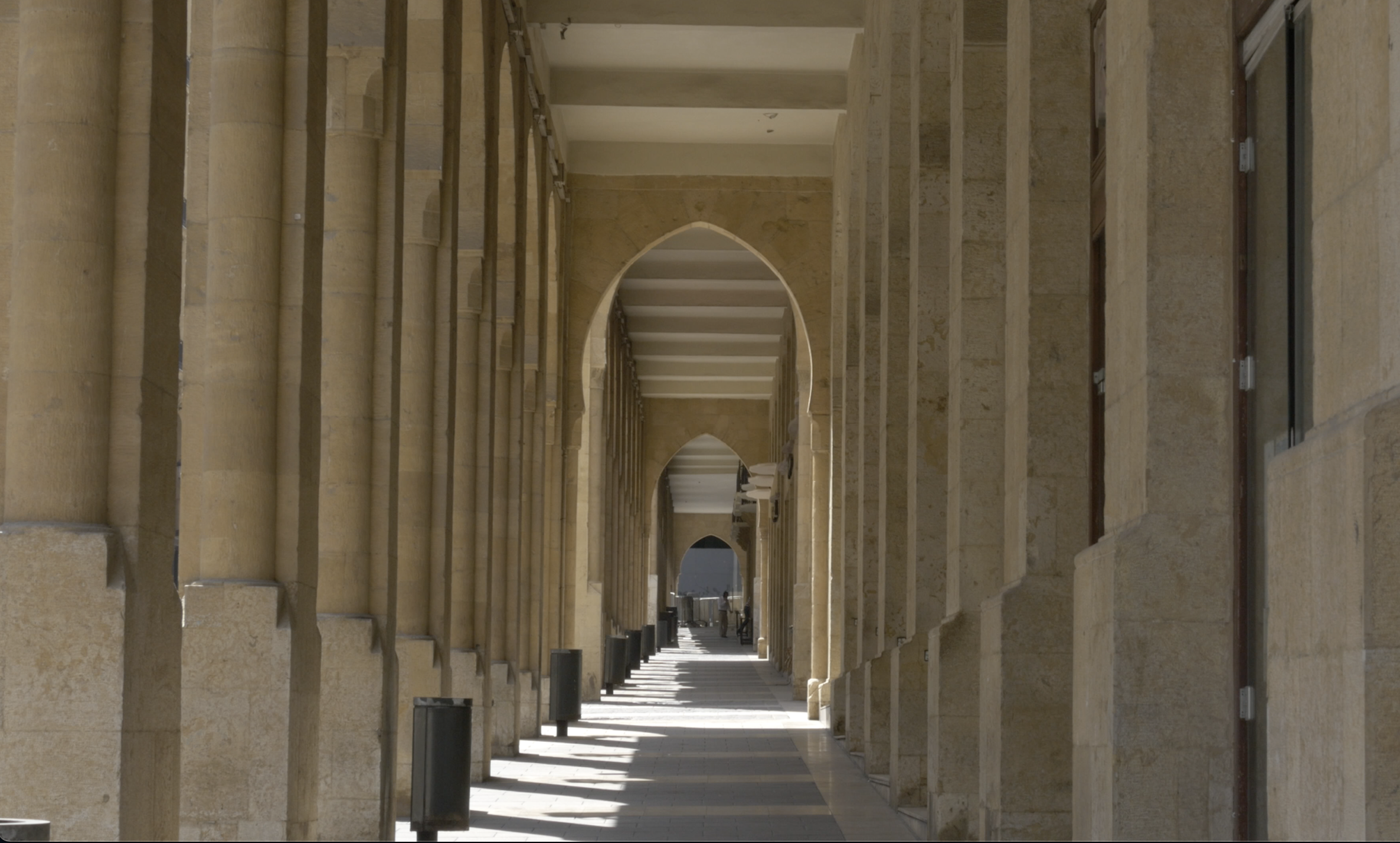
Badna Naaref
Badna Naaref (We Want to Know) is a call for dialogue about the country’s wartime experiences among different generations of people who live in Lebanon. Yet it is by no means just an invitation to engage in political diatribe. The project, first launched in 2012, consisted of the training sessions conducted with students and instructors in 12 public and private schools across the Greater Beirut area, and a website which contained general profiles of the participating schools and individuals, as well summaries of interviews, in writing and film, conducted by student participants.
The original website has went offline. But, because of the importance of keeping the memories and testimonies alive, the content has been republished on this website in three sections: collected interviews (which is further divided into: written English, written Arabic, and video); information on the training sessions; and feedback from the participants.
The International Center for Transitional Justice (ICTJ), one of the project’s partners, has published several articles about Badna Naaref:
Badna Naaref Trailer
-
Context
With a succession of interrelated wars spanning over 15 years, a number of devastating conflicts with Israel, a string of targeted assassinations, as well as internal clashes, Lebanon carries a significant legacy of human rights and humanitarian law violations – most of which have not been addressed in a serious or transparent manner. Today, this legacy renders Lebanon vulnerable to resurging violence.
As a result, the post-war generation is extremely vulnerable to political manipulation. Moreover, there is a dominant narrative today that glorifies the war and its “heroes”, or at least, that normalizes the war and life during the war.
More focus on the consequences of violence, and especially how it impacts the past, the present, and our future, may encourage young people to learn from the pain of the past. Engaging them and making them active in a process aimed at capturing the stories of what life was like during the war may encourage a process of shared understanding of war-related suffering that could make them, and by extension us all, less prone to conducting partisan violent actions. -
Objectives
This project has 5 objectives:
Objective 1: Increase young people's understanding of political violence, its consequences during a civil war, and its long term effects;
Objective 2: Raise awareness about the impact of the conflicts on the parents’ generation;
Objective 3: Facilitate the discussion between two generations in a well-framed, secure environment;
Objective 4: Train high-school students in oral history and storytelling as a vehicle for thinking reflectively about a volatile present and future;
Objective 5: Create an archive of stories focused on human experiences during conflict.This archive, which will be put at the disposal of the wider public, will be available for schools to use as they see fit within their own curricula.
Partners
Al Jana Center has also participated in the Badna Naaref project.
The project also received funds from the Swiss Embassy in Lebanon and the European Union.






